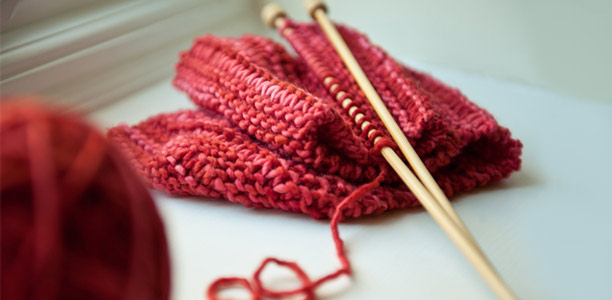A clinical trial led by the Murdoch Children’s Research Institute is challenging the myth that wool is a possible source of allergy and irritates the skin for eczema sufferers.
The study published in the British Journal of Dermatology is the first study of its kind to examine the effects of superfine merino wool on childhood eczema. The aim was to improve outcomes for babies, children and families of children suffering mild to moderate symptoms.
The results showed superfine merino wool may actually reduce rather than exacerbate eczema symptoms
The trial involved 39 children aged from four weeks to three years over a 12-week period, where they wore superfine merino wool garments against the skin for six weeks before changing to cotton, and vice versa.
Despite limited evidence, woollen clothing has traditionally been considered an irritant that should be avoided by children/people individuals with eczema. However wool fibres come in a range of diameters and the superfine wool garments used in the study did not cause irritation and were well tolerated by patients.
The researchers found when children switched to wool after wearing cotton, they showed a significant decrease in eczema severity whereas eczema worsened when those wore wool changed to cotton.
The study’s lead author Associate Professor John Su from Monash University and Murdoch Children’s Research Institute says the results “challenge our current practice” when advising about the suitability of wool for children with eczema.
“When comparing with cotton, there are inherent differences in fibre properties, [Merino] wool’s greater ability to transfer moisture vapour and heat than other major apparel fibres enable it to maintain a more stable microclimate between the skin and garment,” A/Prof Su says.
Parents said their children enjoyed wearing the woollen garments, found them soft and also reported less itching and skin clamminess.
Ellyda Stone explains how her son, Ayden, who took part in Prof Su’s trial, responded well to the merino wool garments.
“We noticed that merino wool garments tended to allow for better absorption of moisture, and that this protected Ayden’s skin from dryness and improved his eczema,” Ellyda says.
The research highlights the need for further studies on the effects of clothing and the microenvironment between clothing and the skin on eczema.
(Source: Murdoch Children’s Research Hospital, British Journal of Dermatology)










